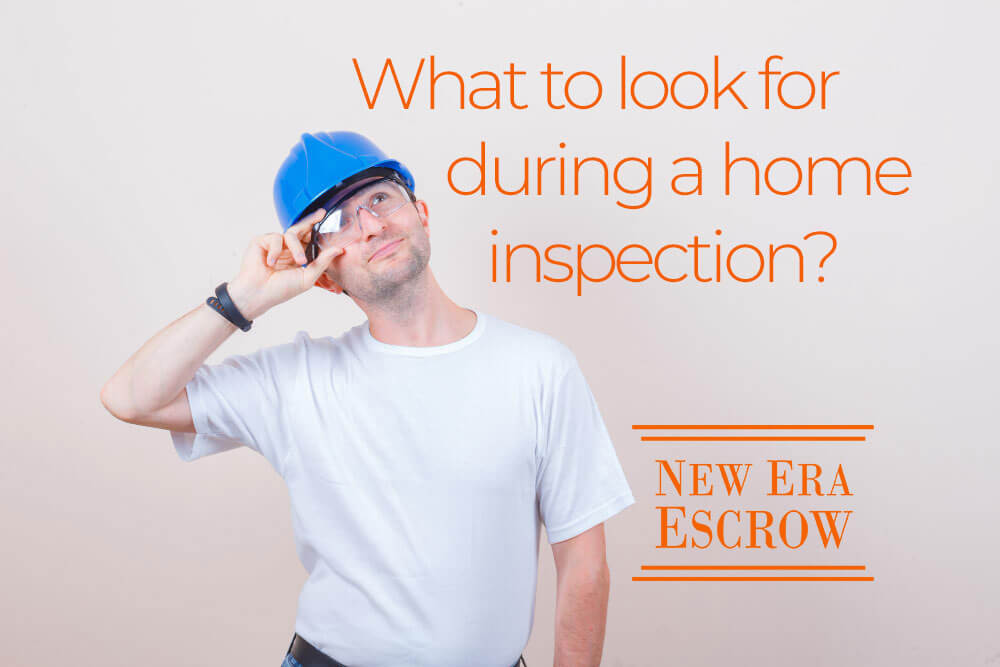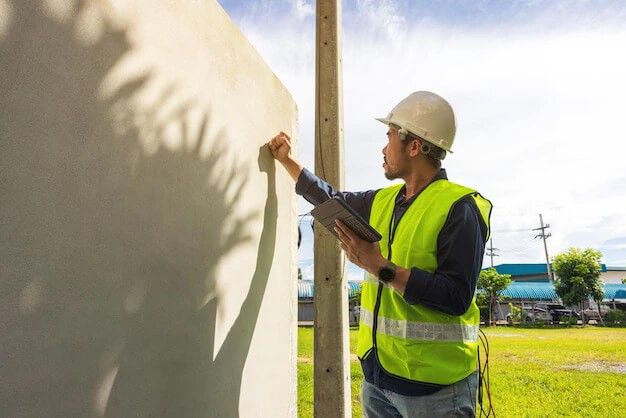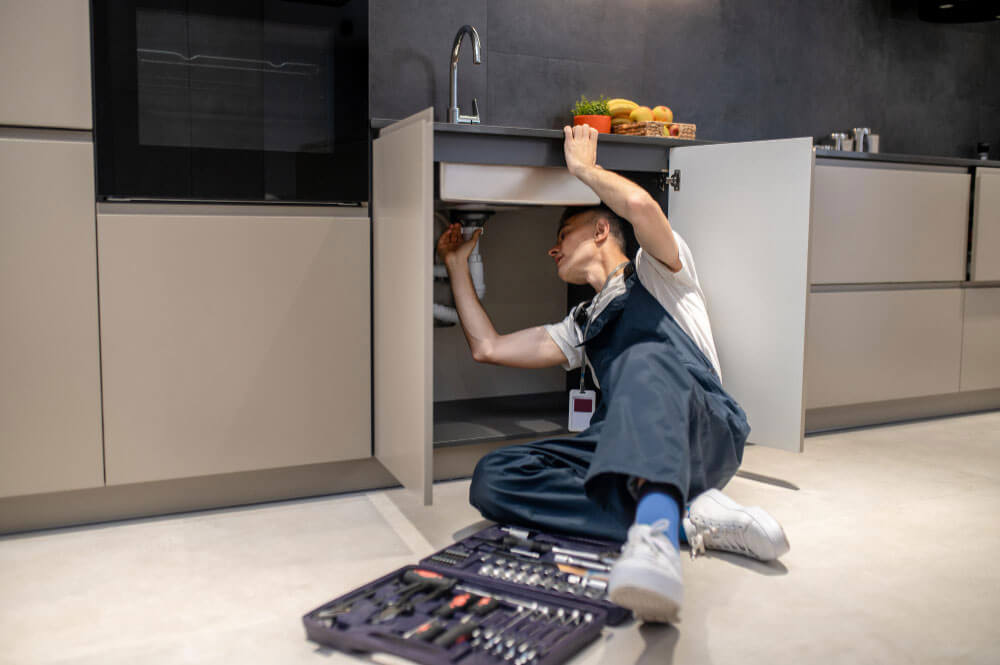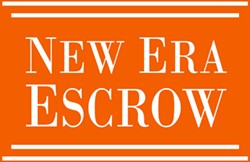
Table of Contents
ToggleHOME ESSENTIALS 3: What to look for during a home inspection?
No one wants to end up with a house that has issues. If the seller has listed it, you want to know what those issues are, like mold or safety concerns. You want to ensure that it’s safe and there are no surprises when purchasing it. Home inspections play an important role in finding these things out.
The home inspection report is the most important element of your real estate transaction. It contains everything you need to make an informed decision as a buyer, seller, or investor. It can even be done before the sale of your house. It helps you better understand the property’s condition to avoid costly repairs later on.
The word “inspect” comes from the Latin inspectus, which means to look at thoroughly or carefully. During a home inspection, an inspector will check each area of your home to ensure that it meets building code requirements and is structurally sound. The inspection process can be long and complicated if you’re planning on moving into a property that has already been built, but if you’re moving into a newly built home, there’s less risk involved with this process.
The key elements of home inspection include building systems and components, structure, mechanical systems, energy efficiency and performance, plumbing & drain lines and fixtures, electrical systems, heating & cooling system & equipment (if applicable), soil conditions, waste disposal system (if appropriate), protection against hidden defects in construction by resetting/repairing.
If you have any questions about what to look for during a home inspection, below are some of the basic things that a home inspector looks for during a home inspection.
WHAT TO LOOK FOR DURING A HOME INSPECTION?
Exterior Inspection
In exterior inspection, the home inspector will conduct a complete home inspection of the exterior of your home. The exterior inspection includes going into any crawl space under the house and using a ladder to get to and inspect the roof and other areas.

- Exterior walls
Under exterior inspection, the home inspector will examine the walls to see if there are any stains, cracks, rotten, sagging, damaged or missing walls and sidings. This also includes flaking and stained exterior paints. Also, the home inspector will check whether the soil is in excessively close contact with the bottom of the house, which can cause moisture and invite pests and other insects. A pest inspector will be the one to check for any insect infestations and actual damage from termites, etc. The home inspector will inform you which problems are more severe and which are subject to repairs. - Foundation
The home inspector will also examine the foundation of the house. The home inspector will check the house’s structural stability, if it appears in good condition and if there are any cracks, to avoid more significant problems in the future. - Slope
The home inspector will check the slope of the house. The inspector will inform you whether the slopes are away from the house. The inspector will ensure that there is drainage and that the drainage is away from home with no standing water. Because if not, water will enter the house and cause damage to your home. For this reason, you will need to either change the yard’s slope or install a drainage system. There should also be no evidence of leaks from the septic tank. - Roof
The home inspector will also examine the roof of the house. The inspector will look into areas where improper installation or roof damage will allow rainwater to enter your home. Roof problems include missing or damaged roof shingles, decay and damaged gutters and chimney, and improperly installed vents. - Garage or Carport
The home inspector will also check the garage or carport of the house. The inspector will look for a detached garage, shed, fence, and deck that appears in good condition with no rotted wood or evidence of termites. The inspector will also check the garage door for proper opening and closing and the garage framing.
Interior Inspection
The home inspector will also thoroughly inspect the house’s interior. This includes the plumbing, electrical, HVAC system, kitchen, appliances, fire safety, bathroom, and laundry room.

- Plumbing
The home inspector will inspect the house’s plumbing system, including all faucets and showers. Plumbing inspection includes pipe checking, the types of pipes used, and whether they are already old, properly installed, and working. Plumbing repairs have to be done if any pipes need to be replaced. - Electrical
The home inspector will inspect the house’s electrical system, including all wirings and outlets. Electrical inspection includes testing wiring and outlets, electrical panels for safety issues, and functional ground fault circuits. Checking if lights and switches operate properly. Electrical system inspection is conducted to ensure that all electrical systems are installed and functioning properly, do not present a fire hazard, and protect the users from electrocution, electric shock, and electrical burns. - Heating, Ventilation, and Air Conditioning (HVAC)
The home inspector will check your HVAC system in the house. The inspector will examine if the HVAC is properly installed and working. HVAC inspection also includes checking the age of the air conditioner and the furnace, if it is subjected to repairs or maintenance, and if the home has enough insulation and leaks in its ducting. - Fire Safety
The home inspector will also check the fire safety of the house. The inspector will ensure a firewall if it is attached to or near its neighbor, if the wall has a good fire rating, and if the home’s smoke detectors and sprinklers are properly placed, installed, and working. - Kitchen, Bathroom and Laundry Room
The home inspector will also check the kitchen, bathroom, and laundry room. The inspector will usually check the kitchen appliances to see if they work as well as the built-in appliances if they operate properly. The laundry room should be properly vented, bathrooms should have no leaks, toilets are secured, and enough ventilation. The bathroom should have a ventilation fan and window for proper ventilation, toilet flushes and fills properly, and tub, shower and sinks drain smoothly. The plumbing under the sink in the kitchen and bathroom is in good condition and shows no signs of water damage.

These are just one of the many things that a home inspector looks for during a home inspection. A home inspection is the best way to know if you are going to spend the rest of your life in a house that may or may not be dangerous. If the inspection finds major issues like collapsed floors, or mold issues in the walls and ceilings, then it’s better to protect yourself earlier on.
Home Inspections are conducted by professionals who will look over all the main components of your new home to check if it will serve you well for many years. New Era Escrow is an independent escrow company that strives for excellence in conducting successful escrow closings while maintaining exemplary customer service. For your real estate needs, we are committed to helping you not just in finding your new home but also all throughout the home buying process.
If you want to look for BEST Real Estate Listings in LA you can checkout here: Pacific Playa Realty
